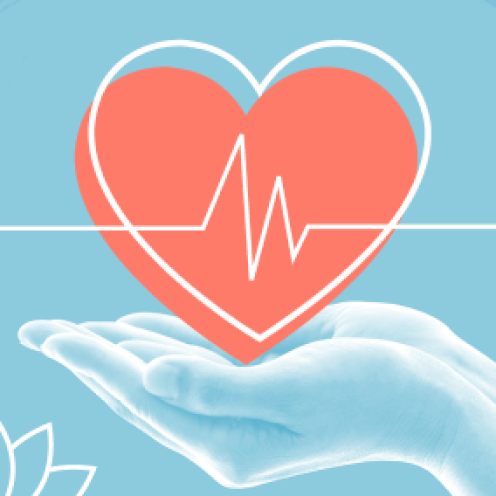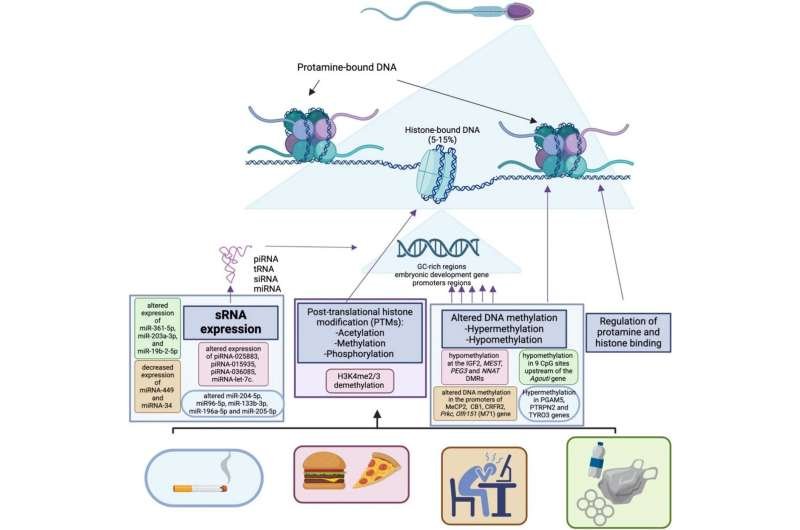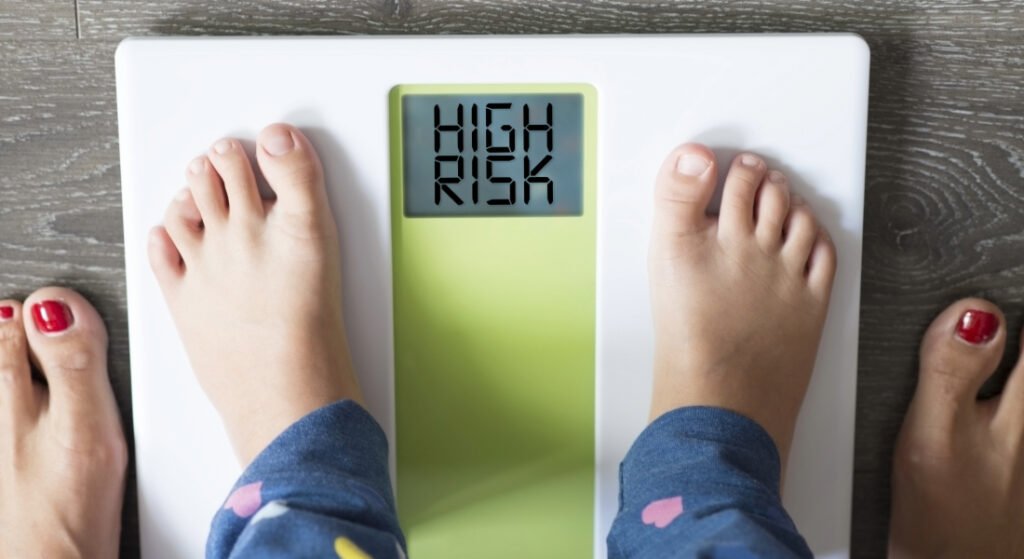
As we grow older, a change in the way our brain operates is to be expected. Forgetting names occasionally or taking a little longer to come to a decision can be a normal aspect of aging. But when these memory or decision-making difficulties begin to interfere with everyday functioning, like managing money, recalling appointments, or maintaining the pace of conversations, they may be a sign of more serious cognitive impairment.While not every episode of mild forgetfulness leads to dementia, studies say that people with mild cognitive impairment (MCI) are more likely to develop Alzheimer’s disease or other dementias. In fact, it seems that roughly 10–20% of people with MCI will go on to develop dementia over the course of one year, as studies show.This is why specialists underline the importance of healthy lifestyle habits in brain protection, not only in older age, but from as early an age as possible.
Lifestyle habits favoring brain well-being

Recent research still helps to illustrate just how everyday habits can have a concrete impact upon the way that our brain ages. There has been a new commentary covering results from two large-scale clinical trials, both of which showed that lifestyle change can reduce the threat of cognitive aging in old age.Rather than the singular treatment with drugs, the focus was on multi-domain therapy, that is, a combination of multiple healthy habits. The four key areas highlighted were:
- The
MIND diet (Mediterranean-DASH Intervention for Neurodegenerative Delay) - Exercise regularly
- Brain-stimulating activities
- Social engagement
All are individually good for the brain, but when done in combination their effect appears stronger.
The research:

One test involved more than 2,000 older adults who were already at risk of memory issues. They were split into two groups, one that followed a program with guidelines, and the other received general advice and changed things for themselves.Participants in the guided group followed a brain-friendly diet, daily exercise, social contacts, and heart health checks. Outcomes at the end of the study showed that the guided group experienced greater improvement in memory and overall thinking capacity compared to those who were permitted to change on their own.The same occurred in another trial in yet another country years ago, where patients who were on a combination regimen of diet, exercise, brain training, and heart health monitoring also tested far higher on tests of cognitive ability compared to those who did not receive the entire intervention.Overall, these studies offer fairly strong support for the hypothesis that a balanced regimen of lifestyle, as opposed to discrete habits, can delay cognitive deterioration.
Why these interventions are effective

Each of the four areas has its own specific but interconnected effects on brain health:MIND Diet: A mix of the DASH and Mediterranean diets, the MIND diet focuses on brain-healthy foods like leafy greens, berries, whole grains, nuts, fish, and olive oil — while limiting red meat, sugar, and processed foods. It decreases inflammation levels in the body, and improves the blood flow to the brain as well.

Exercise:Exercise raises blood-flow, delivers more oxygen to the brain, and can even help the brain grow new cells. Even moderate exercise like brisk walking or stationary bike use a few times a week has been shown to be beneficial.Cognitive training and exercise: Mentally challenging tasks like reading, solving puzzles, learning a new skill, or playing games that involve strategy making, keep one’s focus and memory sharp. Like muscles, the brain is stronger when exercised regularly.Social engagement: Staying socially engaged has been linked with lower rates of cognitive decline. Active conversation, shared activity, or even volunteering can foster emotional and mental well-being.Despite the many requirements of healthy aging, the science is definitive: we have more control over brain health than we ever imagined. Small, consistent modifications in diet, exercise, mental challenge, and social engagement can all translate into a lifetime of protection.The test, however, is offering these options to all. Healthcare institutions, campaigns and even the city planning must find ways to facilitate people to choose healthy living, from safer roads to healthier mind and choices, a country should have it all.







